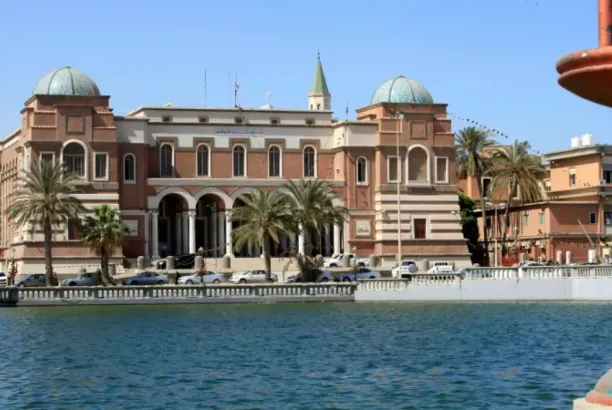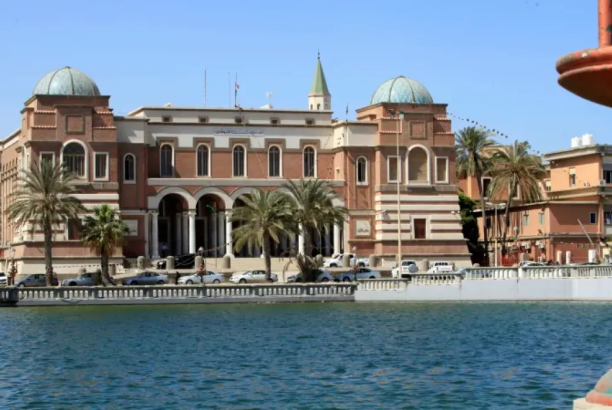
| News
Municipal Guard to Sada: “Any shop that does not provide electronic payment methods will be shut down, and the boycott campaign continues”
The First Deputy of the Municipal Guard Authority, Mohamed Al-Naem, explained to our source the reasons behind the boycott campaign launched by several food retailers in response to some companies enforcing cash-only payments. He stated that this campaign is part of consumer protection principles and is a legitimate option used against those who provide poor service or otherwise violate standards.
However, it cannot be fully generalized, as the Central Bank of Libya has requested import and export companies to provide documentation proving their use of electronic payments.
Al-Naem added:“The public has the right to launch a boycott campaign, and what is happening is normal and in the interest of the Libyan consumer. When citizens find a product being used against them, they boycott it. The non-compliant shops have received a notice from the Central Bank of Libya and from the Deputy Minister of Local Governance—based on correspondence between them and the Municipal Guard—stating that every commercial establishment must have an electronic payment system.”
He further added that an agreement was reached not to renew the license of any shop that does not have electronic payment services. This is now being implemented, and no license is issued unless electronic payment is available. Any shop lacking it will be closed, which he described as a normal procedure.Al-Naem concluded his statement by saying:“This campaign is ongoing in various regions under clear instructions. However, there is an issue with shops that do have electronic payment—they sometimes agree with customers to pay half the amount in cash and the other half by card. This cannot be monitored or verified, even in wholesale markets. This remains a challenge, and the situation requires clear legislation within the Libyan state or a law issued by the House of Representatives.”





